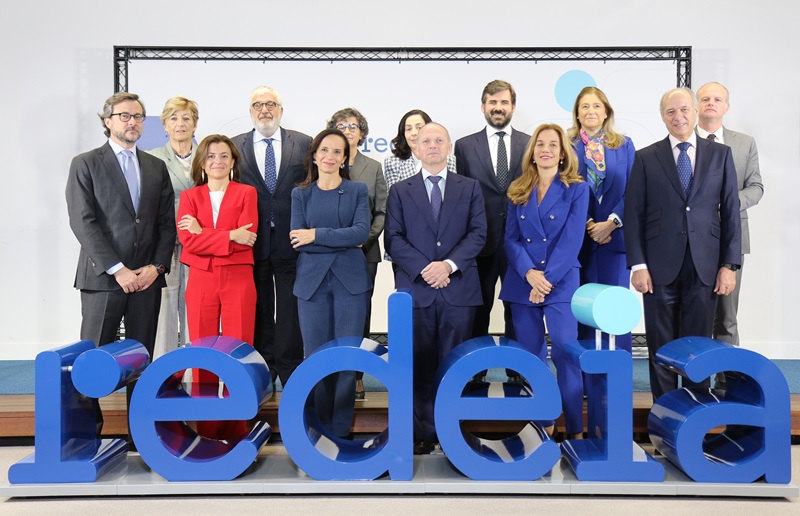We are a global operator of essential infrastructure
- For Redeia’s CEO, “The conflict in Ukraine has woken us up and made us see the reality and the need to accelerate energy transition, more necessary now than ever”
- The Bank of Spain Governor notes that “inequality, beyond social or political considerations, also affects economic growth”
“The cost of not progressing in the energy transition is high, and we are seeing this in Europe, although in Spain we are in a better position,” concluded today Roberto García Merino, Redeia’s CEO, on the last day of the Sustainability Days organised by the company, which covered governance and risk management.
Garcia Merino stated that “The conflict in Ukraine has woken us up and made us see the reality and the need to accelerate energy transition, more necessary now than ever.”
In this regard, he positively assessed the agreement between the governments of Spain, France, and Portugal to create a Green Energy Corridor that will link the Iberian Peninsula and Central Europe: “It’s good news for Spain and the European Union because it will increase our interconnection.” The measure will join the efforts of the many initiatives Redeia has been driving for some years now to increase electrical interconnections, necessary to reduce dependence on fossil fuels and favour the massive integration of renewable energies.
During the round table focused on the risks and opportunities of sustainability, Redeia's CEO also pointed out that including ESG criteria in business strategies entails big investment opportunities: “Sustainability is a value that attracts investors. In the case of Redeia, practically half of its international investors correspond to ESG criteria.”
The Bank of Spain Governor, Pablo Hernández de Cos, participated in the session and focused on social inequality. “Inequality, beyond social or political considerations, also affects economic growth. As a result, it is critical to understand how inequalities arise, what factors contribute to them, and which policies enables them to be addressed. The economists have enough evidence that from certain levels of inequality there is less economic growth".
The session was opened by the Professor of ethics and philosophy, Adela Cortina, who gave a lecture on ethical and civic sustainability. In her opinion, “The company of the future will be social and green, or not be at all. The economy and companies have to contribute to creating better societies.” The philosopher highlighted that “Cosmopolitan ethics can solve the problem of climate change and all the global problems because its pretension is that all human beings can make decisions on these events”.






















